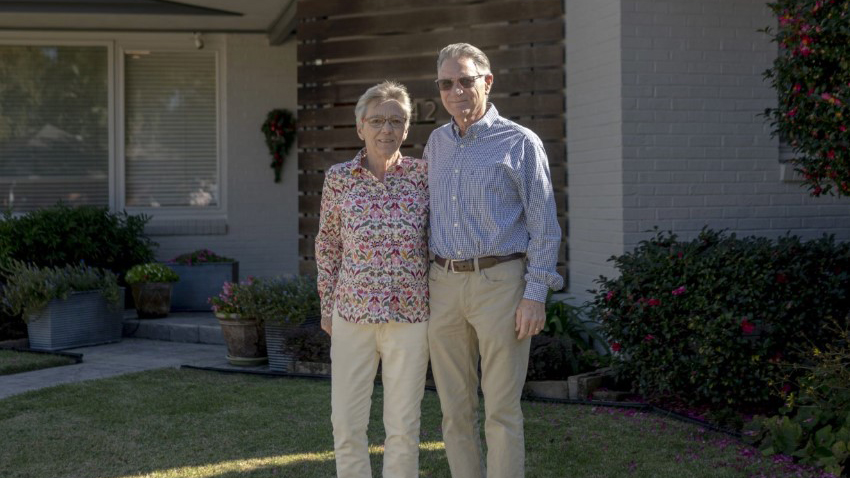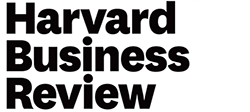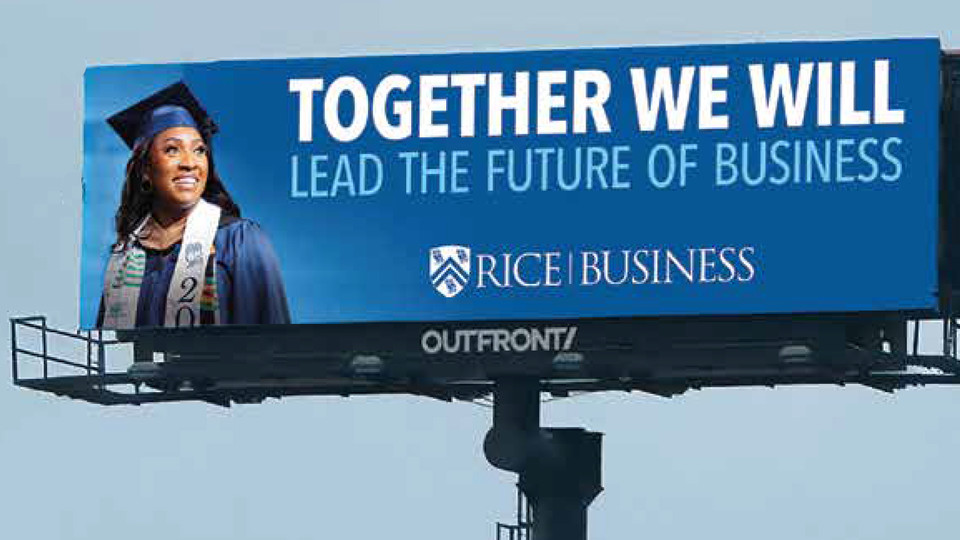
News Feed

ChatGPT vs. Google: Which is more helpful for creativity?
Nov. 16, 2024
Using ChatGPT to spark creative ideas might seem like an easy win for innovation, but the reality is a bit more nuanced. A recent study from Professor Jaeyeon Chung shows that when participants used ChatGPT instead of relying on traditional Google searches or their own brainstorming, the ideas they generated received higher creativity ratings. In these studies, users discovered that ChatGPT could blend existing concepts to produce innovative solutions — whether it was repurposing everyday items or coming up with new product designs.
However, while ChatGPT offers a powerful boost to creative thinking, its suggestions are based on existing data and need human insight to truly shine.
As Chung explains, “ChatGPT acts as a catalyst, inspiring fresh connections while still relying on human intuition to shape truly transformative solutions.” In other words, although the tool can open up new avenues for creativity, the final breakthrough still depends on how we refine and build on those initial ideas.

At Rice, a New Era of Undergraduate Business Begins
Nov. 20, 2024
Rice Business is stepping into a new era, thanks an historic gift from Farid and Asha Virani. The program, which began in 2021, will now be known as the Virani Undergraduate School of Business. As Dean Peter Rodriguez explains, “We were limited in our ability to make the undergrads feel a part of the same school. This gift opened up an opportunity to generate support for a new program and a new school that needed to be more independent and have its own identity.”
The Virani family’s commitment to community engagement and nonprofit support is a cornerstone of the new school’s values, reflecting their own experiences and legacy.
This transformative gift not only redefines the program’s identity but also positions it to compete with the best business schools in the country.


Insurance and Taxes Now Cost More Than Mortgages for Many Homeowners
Dec. 23, 2024
Rising home insurance premiums and property taxes might seem like a predictable trend, but the situation is more complex. Recent shifts — driven by costly natural disasters and higher repair expenses — have prompted insurers to sharply raise rates.
At the same time, soaring home values have pushed property taxes higher, meaning that for many homeowners, these expenses now account for 32% of their monthly mortgage payment — the highest share recorded since 2014. In some metro areas, over a quarter of borrowers see more than half of their payment absorbed by these costs.
This financial squeeze is hitting older homeowners and those in high-cost regions particularly hard.
As Prof. Stephanie Johnson explains, “The jump in home-insurance premiums between mid-2022 and mid-2023 led to an additional 149,000 mortgages becoming delinquent than would otherwise have happened” — highlighting the deep impact these rising expenses are having on families.

Shareholder Voice and Executive Compensation
Feb. 20, 2025
“Say-on-pay” votes let shareholders weigh in on executive compensation — but their decisions aren’t binding, and shareholders tend to vote strongly in favor of executive pay.
So, do these votes make a difference? According to Professor John Barry, yes. Although roughly 93% of votes typically support existing compensation levels, the true impact comes from the constant threat of a negative outcome. The threat of a failed vote lowers CEO pay by 6.6% and boosts firm value by 2.4%. However — making these votes binding could backfire.
“The possibility of a failed vote compels boards to prioritize shareholder interests, even when the vote itself rarely goes against them.” This dynamic suggests that say-on-pay’s power lies not in the infrequent occurrence of dissent, but in the implicit pressure it places on corporate decision-making long before the vote is cast.

Banks Share Private Information to Snag Debt Trades, Study Says
March 13, 2025
A new study from researchers at Rice Business, Yale University and the University of Pennsylvania reveals a striking advantage for institutional investors with deep connections in Wall Street’s corporate-bond market. Analyzing over 2 million trades from 2009 to 2022, the researchers found that insurers with the most extensive dealer networks consistently made better trades ahead of mergers, acquisitions and credit rating downgrades — raising concerns about the fairness of a $56 billion-a-day market.
While the study stops short of calling this insider trading, it suggests that banks may be rewarding their most valuable clients with private information, potentially breaching long-established ethical barriers.
“The surprising part to us was the results we found around these M&A deals because we know that we have all these ethical barriers inside the banks,” said Stefan Huber, assistant professor of accounting. “Picking up at least some trading that looks informed ahead of these deals was a little shocking.”


How Gig Platforms Can Mitigate Racial Bias in Ratings
March 14, 2025
For millions of gig workers, a customer rating isn’t just feedback — it determines access to work, pay and financial stability. But what if a five-star rating reflects more than just performance?
A new study published in Nature by Rice Business professor Sora Jun and colleagues at Yale and the University of Toronto reveals that racial bias quietly skews gig-worker ratings, affecting minority workers’ earnings. On one home services platform, the traditional five-star system created a 9% income gap.
When the researchers analyzed 100,759 completed jobs and nearly 70,000 customer ratings from the U.S. and Canada, they found that minority workers consistently received lower ratings — a small but financially significant bias. But when the platform switched to a simple thumbs-up/thumbs-down system, the income gap disappeared.



